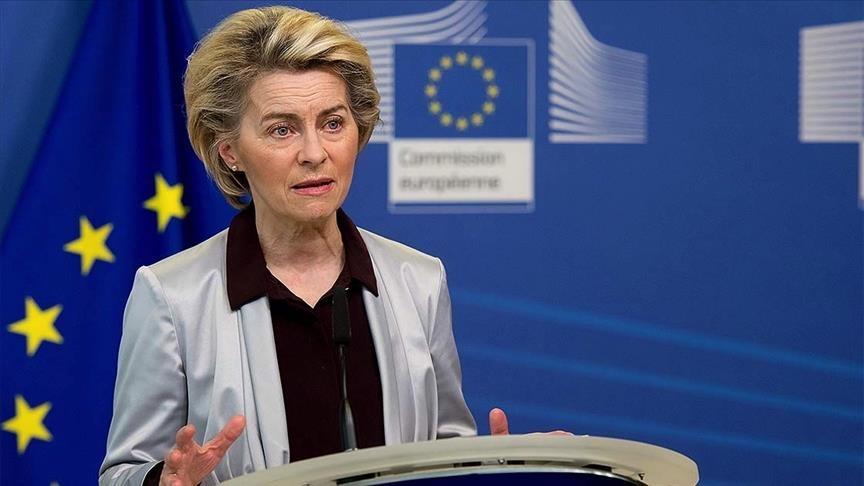Why Trump's potential comeback terrifies the EU The real concerns behind the rhetoric
And yet, the rhetoric of Euro-Atlantic unity continues...
What’s really going on here? It’s the same old narrative. As Caliber.Az has earlier reported, the European Commission (EC) has established a special task force to prepare for the possible return of former US President Donald Trump to power.
Does this sound odd or even comical? It might, especially if we overlook Trump's presidency, which was marked by his "politico-financial" clashes with European leaders. His approach to issues like NATO defence budgets and his protectionist measures to boost American businesses are well-known examples. Although some argue that Trump's support for American businesses was influenced by anti-China policies, his actions were primarily targeted at Europe.
This background is causing significant concern, as recently highlighted by “German Wave” (Deutsche Welle), particularly within German business circles. The head of the Federal Association of German Industry has warned of "hard times" for Germany's foreign trade and the broader European Union if Trump wins in November.
Additionally, the president of the Federation of German Wholesale, Foreign Trade and Services expressed fears that Trump's "America First" agenda could once again target the EU. His troubling proposal to impose a 10 per cent tariff on all US imports could provoke reciprocal measures from the EU, igniting a "protectionist spiral that would increase inflation and impact consumers both in the US and Europe”.
Germany, which suffered a significant blow from Washington during Trump's first presidency—due to tariffs on steel and aluminum imports and the threat of similar restrictions on cars—is now concerned that Trump's potential return could see the US nearly withdraw from the World Trade Organization (WTO). This move would likely lead to a complete breakdown of "global trade rules".

Additionally, the EU is increasingly worried that Trump will cut support for Ukraine, especially given his ongoing criticism of European defence spending. This concern adds a new dimension to Ursula von der Leyen's agenda for her second term as head of the European Commission, where she emphasized that the next five years will focus on establishing a genuine defence alliance.
Von der Leyen envisions achieving this goal through a "coordinating role" for the European Union. She has proposed the creation of a new position within the European Commission: EU Defence Commissioner. Additionally, she has emphasized the development of a "European air defence shield," the introduction of a "cyber defence program," and the establishment of the European Defence Fund, which aims to become a genuine pan-European market for defence products.
While von der Leyen has referred to NATO as "the main pillar of our collective defence," her program's focus appears to be in direct opposition to Trump's stance. This is evident from her statement about the "best investment in European security" being through "contribution to Ukraine's security," which implies that the EU should continue providing military, financial, and political support to Kyiv "for as long as necessary." To this end, the European Commission is prepared to utilize all available instruments, including the European Peace Facility.
These nuances underscore just how much Europe-US relations could be redefined if Trump wins the November elections. Many experts believe that, beneath the surface of the EU's concerns about Trump's economic and political policies, lies a deeper issue: his approach to defending American national interests. This includes his stance on preserving traditional American values and rejecting "new trends in gender issues" that he believes undermine society from within.
Trump's well-known critique of such issues, along with his reaction to the Paris Olympics' opening ceremony—which he viewed as mocking Christian traditions—has not been well received by many EU leaders. These leaders, who pride themselves on championing "liberal democracy," find themselves at odds with Trump's values. And yet, the rhetoric of Euro-Atlantic unity continues...
By Teymur Atayev
The views and opinions expressed by guest columnists in their op-eds may differ from and do not necessarily reflect the views of the editorial staff.








